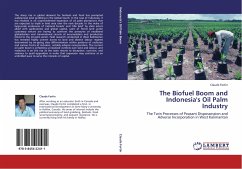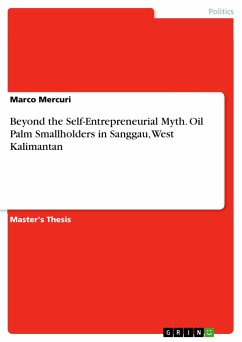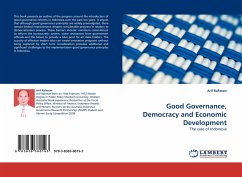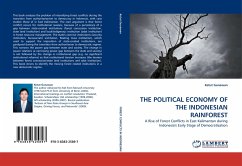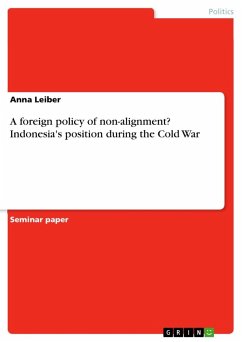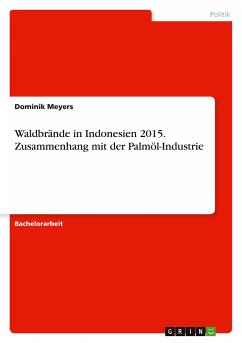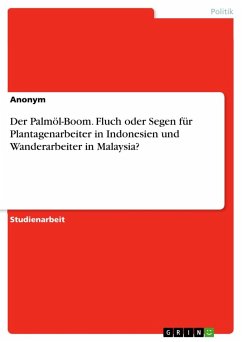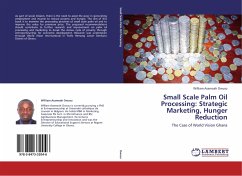The sharp rise in global demand for biofuels and food has prompted widespread land grabbing in the Global South. In the case of Indonesia, it has resulted in an unprecedented expansion of oil palm plantations that are expected to triple in land area over the next decade. In the wake of large-scale enclosures of 'national forests and idle land by state actors allied with agribusiness and global capital, users of forest land under customary tenure are having to confront the pressures of neoliberal globalization and transnational circuits of accumulation and production linked to the oil palm sector. Field research conducted in West Kalimantan has revealed highly uneven access to land and distinct labour regimes determined by on-going class differentiation within patterns of exclusion and various forms of inclusion, notably adverse incorporation. The current oil palm boom is enflaming unresolved conflicts over land and labour, and resistance is on the rise as the state resorts to deception, coercion, and violence to quell opposition in order that expansion may continue at an unbridled pace to serve the interests of capital.
Bitte wählen Sie Ihr Anliegen aus.
Rechnungen
Retourenschein anfordern
Bestellstatus
Storno

